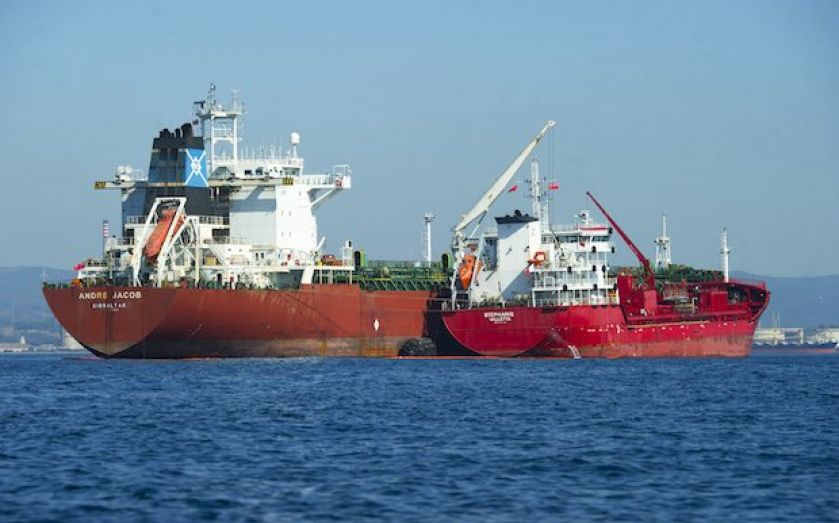Internal EU trade barriers hold UK companies back: We must demolish them

SCEPTICISM about the EU is not borne out of nationalism, but from practical experiences that show Britain has invested far more into the EU than it gets out. In particular, opportunities to maximise the economic benefits of EU membership have been missed. Brussels’s focus on deepening political and social union has undermined the advantages of the Single Market and prevented its completion.
A serious debate about the UK’s role in the EU is therefore pressing. Whether Britain remains a member or not, our relationship needs to evolve over the next decade.
In the services sector, where the UK performs particularly strongly, barriers to trade are acting as a serious economic drag. It seems an obvious point but, since 2000, EU services have added significantly more value than manufacturing, and created far more new jobs. An estimated 71 per cent of total EU GDP comes from services. Yet trade liberalisation is far more developed for goods: services account for just 22 per cent of trade within the EU. The implementation of the European Commission’s Services Directive has been worryingly incomplete, as member states persist with a patchwork of national regulation. This holds back not just UK services companies, but the wider EU economy. It’s been estimated that further services liberalisation could lead to an increase in EU GDP of between 1.8 per cent and 2.3 per cent.
The Single Market should have been completed in the 1990s. But two decades of additional services-driven wealth creation have been lost. We can buy and sell online at the click of a mouse, yet only 11 per cent of individuals engage in cross-border shopping, according to Open Europe. Removing prescriptive rules, such as when sales promotions can be offered, would boost trade in this area.
Some EU member states also impose unjustifiable barriers to the free operation of regulated professionals, like architects and pharmacists. This prevents companies and workers from freely trading across borders. When industries like accountancy, law, and consultancy, in which Britain leads the world, face barriers to their operations in Europe, this is nothing short of protectionism. Some member states maintain that their restrictions are “proportionate”. But they have no place in the twenty-first century.
Service liberalisation alone will not be enough to make the EU fit for the future. We need to see regional development policies decentralised to end the needless recycling of funds among among wealthier member states and to cut the EU budget. Greater emphasis should be placed on negotiating free trade agreements. Finally, responsibility over social and employment laws should be returned to national governments. This would enable Britain to unleash supply-side reforms to boost growth and job creation further.
The Prime Minister has transformed Britain back into a nation that prides itself on trade and entrepreneurship. Exports are up and businesses are benefiting from fiscal and regulatory changes. Promoting these principles to complete the Single Market and reform the EU must be a priority as the UK sets out its terms of renegotiation. Europe will then need to decide if it wants to join the UK as a dynamic force for free trade and enterprise.
Priti Patel is Conservative MP for Witham.